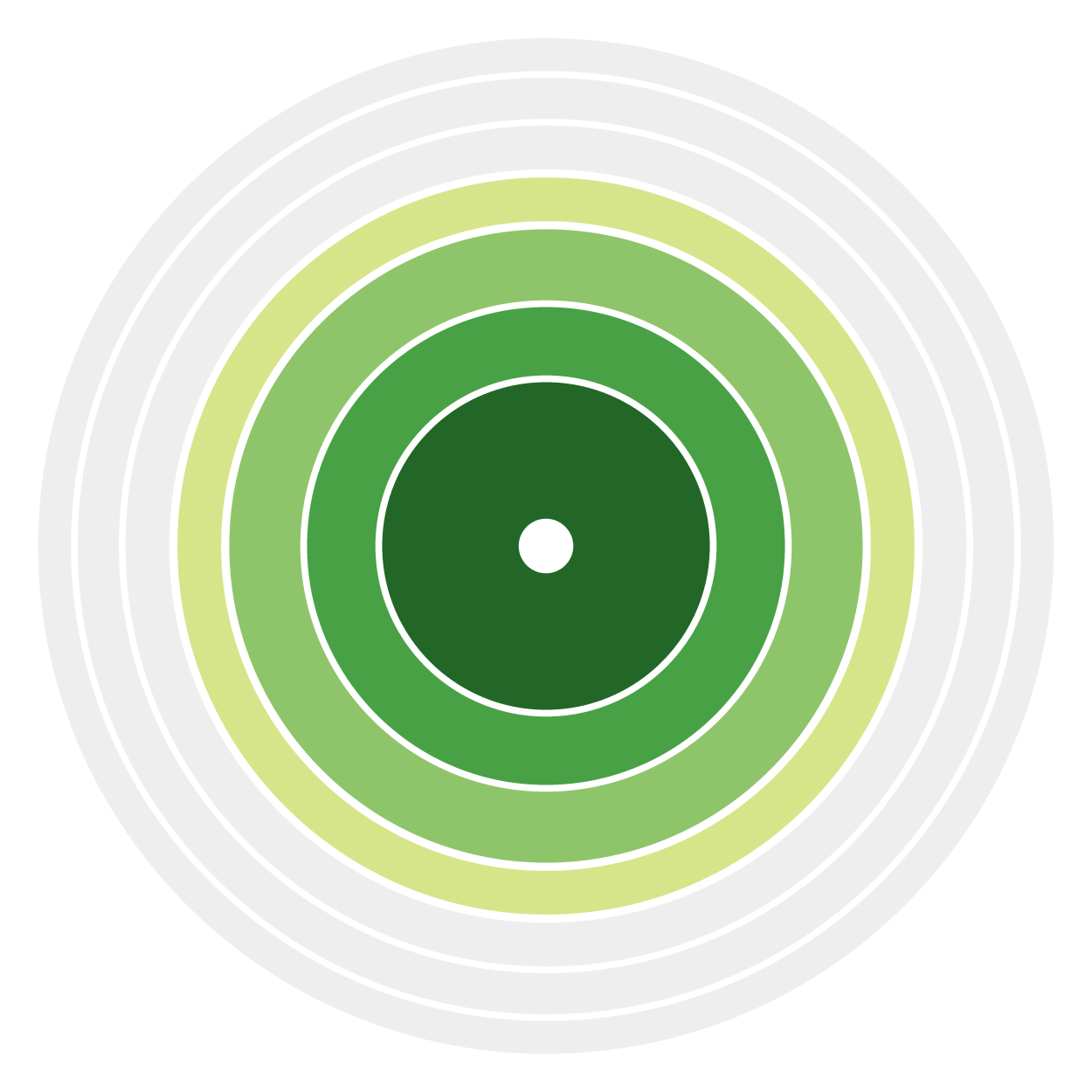Japanese vocabulary organized by JLPT level
Wikipedia JLPT N2 Vocab 1701-1800
QUICK STUDY
FLASHCARDS
DOWNLOAD
noun
1. China and Japan2. Chinese and Japanese (languages)
(click the word to view an additional 1 meaning, examples and links)
noun
each; individual (often written with kana only)(click the word to view an additional 2 forms, examples and links)
Most common form: つなげる
ichidan verb, transitive verb
to tie; to fasten; to connect; to transfer (phone call) (often written with kana only)(click the word for examples and links)
ichidan verb, intransitive verb
to long for; to yearn after; to admire; to be attracted by(click the word to view an additional 3 forms, examples and links)
Most common form: 瓶詰め
noun, 'no' adjective, 'suru' verb
bottling; bottled(click the word to view an additional 4 forms, examples and links)
'su' godan verb, transitive verb
to burn; to scorch; to singe; to char(click the word for examples and links)
'su' godan verb, transitive verb
to write; to publish(click the word to view an additional 2 forms, examples and links)
ichidan verb, transitive verb
1. to profit; to get; to earn; to gain2. to have (bear, beget) a child
(click the word to view an additional 1 meaning, examples and links)
Most common form: なだらか
'na' adjective, noun
gently-sloping; gentle; easy (often written with kana only)(click the word for examples and links)
ichidan verb, transitive verb
to brush gently; to stroke; to caress(click the word for useful expressions, examples and links)
'u' godan verb, transitive verb
to show respect; to honour; to honor(click the word for examples and links)
Most common form: 飛ぶ
2. to jump; to leap; to spring; to bound; to hop (esp. 跳ぶ)
(click the word to view an additional 3 forms, examples and links)
'gu' godan verb, transitive verb
1. to stop up; to close up; to block (up); to plug up; to shut up; to cover (ears, eyes, etc.); to close (eyes, mouth) (see also: 塞がる)2. to stand in the way; to obstruct
(click the word to view an additional 3 meanings and 2 forms, examples and links)
salty (taste); briny
(click the word to view an additional 1 form, examples and links)
Most common form: たたむ
2. to close (a shop, business) (often written with kana only)
(click the word to view an additional 1 meaning, examples and links)
Most common form: なれる
ichidan verb, intransitive verb
1. to get used to; to grow accustomed to; to become familiar with (esp. 慣れる)2. to become skilled in; to become experienced at (esp. 慣れる)
(click the word to view an additional 1 meaning and 2 forms, examples and links)
'mu' godan verb, transitive verb
1. to resent; to curse; to feel bitter; to blame; to bear a grudge2. to regret (esp. 憾む)
(click the word to view an additional 3 forms, examples and links)
Most common form: 臭う
2. to stink; to smell (bad) (usu. 臭う)
(click the word to view an additional 2 meanings and 2 forms, examples and links)
Most common form: ごちそう
2. to treat (someone, e.g. to a meal)
(click the word to view an additional 2 forms, examples and links)
Most common form: 混ざる
'ru' godan verb, intransitive verb
to be mixed; to be blended with; to associate with; to mingle with; to join(click the word to view an additional 3 forms, examples and links)
Most common form: なくす
2. to get rid of (usu. 無くす; often written with kana only)
(click the word to view an additional 1 meaning and 3 forms, examples and links)
ichidan verb, transitive verb
to comfort; to console; to amuse(click the word for examples and links)
Most common form: むく
'ku' godan verb, transitive verb
to peel; to skin; to pare; to hull; to bare (e.g. fangs); to open wide (e.g. eyes) (often written with kana only)(click the word to view an additional 2 forms, examples and links)
noun
writing paper; stationery(click the word to view an additional 2 forms, examples and links)
ichidan verb, transitive verb
1. to amass; to accumulate; to store2. to leave unpaid
(click the word for examples and links)
Most common form: 通りかかる
'ru' godan verb, intransitive verb
to happen to pass by(click the word to view an additional 2 forms, examples and links)
'u' godan verb, intransitive verb
to creep; to crawl (see also: 爬行)(click the word to view an additional 4 forms, examples and links)
2. to cut up; to cleave; to cut open (esp. the abdomen)
(click the word to view an additional 3 meanings and 2 forms, useful expressions, examples and links)
Most common form: こする
'ru' godan verb, transitive verb
to rub; to scrub (often written with kana only)(click the word to view an additional 2 forms, examples and links)
2. to plant (a cutting); to strike (see also: 挿し木)
(click the word to view an additional 3 meanings, examples and links)
Most common form: 釣合う
'u' godan verb, intransitive verb
1. to balance; to be in harmony; to be in equilibrium2. to suit; to go well together; to be a good match
(click the word to view an additional 3 forms, examples and links)
Most common form: もむ
'mu' godan verb, transitive verb
1. to rub; to crumple2. to massage
(click the word to view an additional 4 meanings, examples and links)
Most common form: つる
1. to hang; to suspend (something from something); to be hanged (by the neck)
2. to hoist an opponent off of his feet by his loincloth (sumo term)
(click the word for examples and links)
Most common form: 払戻す
'su' godan verb, transitive verb
to repay; to pay back(click the word to view an additional 2 forms, examples and links)
noun
house-cloth; dust cloth(click the word to view an additional 2 forms, examples and links)
Most common form: 捨てる
ichidan verb, transitive verb
1. to throw away; to cast away; to dump; to discard2. to abandon; to desert; to leave
(click the word to view an additional 1 meaning and 2 forms, examples and links)
'ku' godan verb, transitive verb
to tear; to violate; to defeat; to smash; to destroy(click the word for examples and links)
Most common form: 追いかける
ichidan verb, transitive verb
to chase; to run after; to pursue (see also: 追っ掛ける)(click the word to view an additional 3 forms, examples and links)
2. to rumor; to rumour (usu. in the passive voice; often written with kana only)
(click the word to view an additional 2 forms, examples and links)
'ru' godan verb, intransitive verb
1. to be closed; to be blocked; to be healed (e.g. wound); to be shut up (see also: 塞ぐ; often written with kana only)2. to be clogged; to be plugged up (often written with kana only)
(click the word to view an additional 1 reading, 1 meaning and 2 forms, examples and links)
Most common form: たく
'ku' godan verb, transitive verb
1. to cook (grains, e.g. rice)2. to boil; to simmer; to stew; to seethe (see also: 煮る; regional dialect: Kansai-ben)
(click the word for examples and links)
'su' godan verb, transitive verb
to hang; to hang up(click the word to view an additional 2 forms, examples and links)
'mu' godan verb, transitive verb
1. to glare at; to scowl at; to glower at2. to stare intensely at; to examine carefully
(click the word to view an additional 3 meanings, examples and links)
ichidan verb, intransitive verb
to freeze; to be chilled; to be frozen(click the word for examples and links)
Most common form: しめる
'ru' godan verb, intransitive verb
1. to be wet; to become wet; to be damp; to be moist2. to be in low spirits; to feel depressed (often as 湿って or 湿った; this meaning is restricted to reading しめる)
(click the word to view an additional 1 reading, examples and links)
'na' adjective, noun, 'no' adjective, 'suru' verb
humble; humility; modesty; being humble(click the word to view an additional 1 form, examples and links)
'ku' godan verb, transitive verb
to break; to smash(click the word to view an additional 2 forms, examples and links)
ichidan verb, intransitive verb
to get late; to advance; to wear on(click the word to view an additional 2 forms, examples and links)
Most common form: カッコ
noun, 'suru' verb, 'no' adjective
parentheses; brackets (often written with kana only)(click the word to view an additional 2 forms, examples and links)
'mu' godan verb, intransitive verb
1. to be dented; to be indented; to yield to; to give; to sink; to collapse; to cave in2. to be overwhelmed; to feel down; to be forced to yield; to be daunted; to be snubbed
(click the word for examples and links)
Most common form: さかのぼる
2. to go back (in time, to origin); to date back to; to trace back to; to make retroactive (often written with kana only)
(click the word to view an additional 4 forms, examples and links)
Most common form: まく
'ku' godan verb, transitive verb
1. to scatter; to sprinkle; to strew2. to distribute (handbills, etc.); to spread (rumours, etc.)
(click the word to view an additional 1 meaning, examples and links)
Most common form: のんき
'na' adjective, noun
carefree; optimistic; careless; reckless; heedless; happy-go-lucky; easygoing; thoughtless (often written with kana only)(click the word to view an additional 5 forms, examples and links)
ichidan verb, intransitive verb
1. to break (into pieces); to be broken; to be smashed2. to collapse; to crumble; to decline; to cool (e.g. enthusiasm); to dampen (e.g. one's will to fight)
(click the word to view an additional 3 meanings and 2 forms, examples and links)
noun
kana written after a kanji to complete the full (usually kun) reading of the word (may inflect); declensional kana ending(click the word to view an additional 2 forms, examples and links)
'ru' godan verb, transitive verb
to shave(click the word to view an additional 1 reading, examples and links)
'ku' godan verb, transitive verb
to dissolve (paint); to scramble (eggs); to melt (metal, etc.); to mix (water with flour, etc.)(click the word to view an additional 4 forms, examples and links)
noun, 'suru' verb
not writing or contacting for a while; neglecting to write (call, visit, etc.); failing to write (call, visit, etc.); long silence(click the word to view an additional 1 form, examples and links)
Most common form: ご無沙汰
noun, 'suru' verb
not writing or contacting for a while; neglecting (failing) to write (call, visit, etc.); long silence (see also: 無沙汰)(click the word to view an additional 4 forms, examples and links)
Most common form: まとめる
ichidan verb, transitive verb
1. to collect; to put (it all) together; to integrate; to consolidate; to unify (often written with kana only)2. to summarize; to aggregate (often written with kana only)
(click the word to view an additional 2 meanings, examples and links)
smoky
(click the word to view an additional 1 reading and 1 form, examples and links)
Most common form: ヒゲ
noun
1. moustache; beard; whiskers (see also: 口髭, 顎鬚, 頬髯; in careful usage 髭 for moustache, 鬚 for beard, 髯 for (cheek) whiskers; often written with kana only)2. extremely short pulse appearing on an electrical signal
(click the word to view an additional 4 forms, examples and links)
noun
na-adjective (adj-na); quasi-adjective; adjectival noun; nominal adjective (linguistics terminology)(click the word for examples and links)
2. to thirst for; to crave (often as 〜に渇いた)
(click the word for examples and links)
Most common form: くむ
'mu' godan verb, transitive verb
1. to draw (water); to fetch (water); to ladle; to dip; to scoop; to pump2. to have a drink together
(click the word to view an additional 1 meaning, examples and links)
Most common form: それる
ichidan verb, intransitive verb
1. to turn aside; to turn away; to veer away; to bear off (often written with kana only)2. to miss (e.g. of a bullet); to go astray; to go wild (often written with kana only)
(click the word to view an additional 1 meaning, useful expressions, examples and links)
Most common form: 増やす
'su' godan verb, transitive verb
to increase; to add to; to augment (opposite: 減らす)(click the word to view an additional 2 forms, examples and links)
Most common form: ひっくり返る
'ru' godan verb, intransitive verb
to be overturned; to be upset; to topple over; to be reversed; to fall down; to tip over(click the word to view an additional 4 forms, examples and links)
Most common form: はく
'ku' godan verb, transitive verb
to sweep; to brush; to gather up(click the word for examples and links)
Most common form: ほうき
noun, 'suru' verb
broom (often written with kana only)(click the word to view an additional 2 forms, examples and links)
'mu' godan verb, intransitive verb
to cool oneself; to cool off; to enjoy evening cool(click the word for examples and links)
Most common form: ひねる
'ru' godan verb, transitive verb
1. to twist; to wrench; to turn (a switch on or off, etc.); to wring (a neck) (often written with kana only)2. to puzzle over (often written with kana only)
(click the word to view an additional 1 meaning and 3 forms, examples and links)
2. to heat (a bath, stove, etc.)
(click the word to view an additional 1 meaning, examples and links)
Kanshudo is your AI Japanese tutor, and your constant companion on the road to mastery of the Japanese language.
To get started learning Japanese, just follow the study recommendations on your Dashboard.
You can use Quick search (accessible using the icon at the top of every page) to look up any Japanese word, kanji or grammar point, as well as to find anything on Kanshudo quickly.
For an overview, take the tour.




